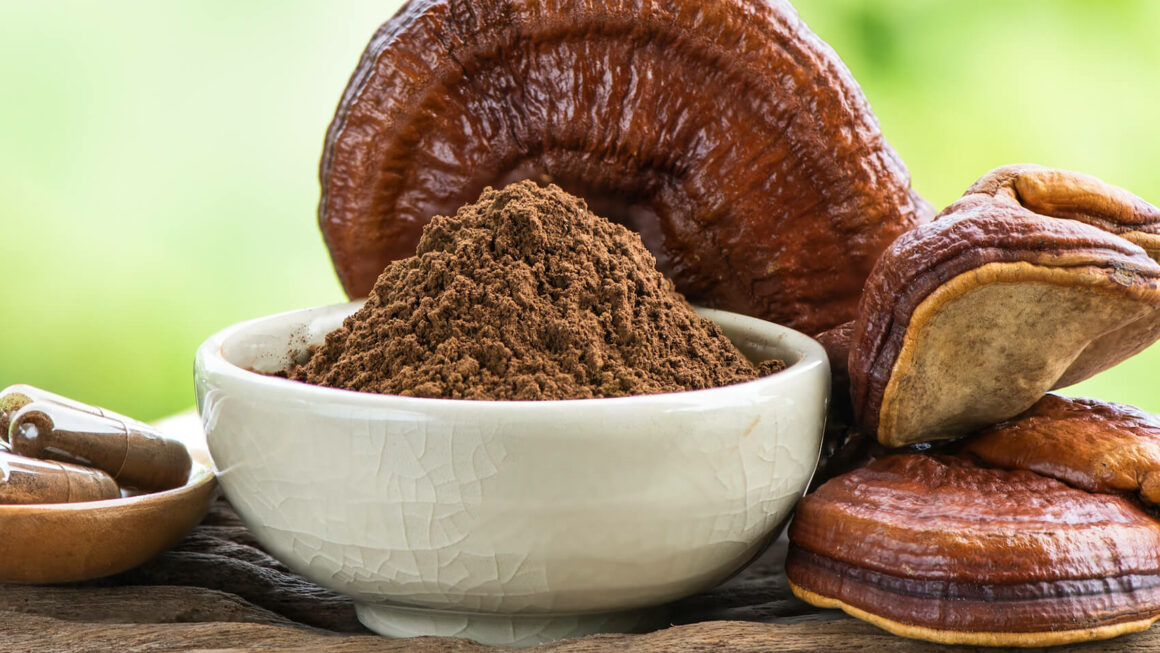Introduction
In the world of functional mushrooms, Lion’s Mane (Hericium erinaceus) stands out as a unique and intriguing species with a rich history in traditional medicine. Also known as the “smart mushroom” or “yamabushitake,” Lion’s Mane has garnered attention for its potential cognitive and neurological benefits. As we delve into this comprehensive guide, we will explore the historical context, the bioactive compounds within Lion’s Mane, and the diverse array of benefits it may offer for brain health, overall well-being, and beyond.
Historical Roots and Reverence
Lion’s Mane mushrooms have deep roots in traditional Asian medicine, particularly in Chinese and Japanese herbalism. Revered for centuries, these distinctive mushrooms were historically associated with cognitive vitality and were traditionally consumed by monks and scholars to enhance focus, concentration, and memory. Today, the global interest in Lion’s Mane has soared as scientific research sheds light on its potential health-promoting properties.
Bioactive Compounds in Lion’s Mane
The unique benefits of Lion’s Mane are attributed to its rich composition of bioactive compounds, including:
- Hericenones: These compounds are unique to Lion’s Mane and are believed to have neuroprotective and neuroregenerative properties, supporting the growth and repair of nerve cells.
- Erinacines: Like hericenones, erinacines are specific to Lion’s Mane and have been associated with stimulating the production of nerve growth factor (NGF), a protein crucial for the growth and maintenance of nerve cells.
- Beta-Glucans: Lion’s Mane contains beta-glucans, which are immune-modulating compounds also found in other medicinal mushrooms. These beta-glucans contribute to overall immune system support.
Cognitive Enhancement and Neuroprotection
One of the most compelling aspects of Lion’s Mane is its potential to support cognitive function and protect the brain. Research suggests that the unique compounds in Lion’s Mane may:
Promote Nerve Growth Factor (NGF) Production: NGF plays a crucial role in the growth, maintenance, and survival of nerve cells. Lion’s Mane has been shown to stimulate NGF production, potentially supporting cognitive function and neuroplasticity.
- Enhance Memory and Learning: Some studies indicate that Lion’s Mane supplementation may improve memory and learning abilities, making it a subject of interest for those seeking cognitive enhancement.
- Protect Against Neurological Disorders: Preliminary research suggests that Lion’s Mane may have neuroprotective effects and could potentially be explored as a supportive measure against neurodegenerative disorders, such as Alzheimer’s and Parkinson’s disease.
Mood and Mental Well-Being
Beyond cognitive benefits, Lion’s Mane may contribute to overall mental well-being. Some potential impacts include
- Stress Reduction: Lion’s Mane has been studied for its potential to reduce symptoms of stress and anxiety, possibly through its impact on the nervous system.
- Improved Mood: Early research suggests that Lion’s Mane may have antidepressant effects, potentially influencing neurotransmitters associated with mood regulation.
Nervous System Support
The compounds found in Lion’s Mane mushrooms have a direct influence on the nervous system, offering a range of potential benefits:
- Peripheral Nerve Regeneration: Studies in animals have shown that Lion’s Mane may support the regeneration of peripheral nerves, which could have implications for conditions involving nerve damage.
- Potential Pain Relief: Some research suggests that Lion’s Mane may have analgesic (pain-relieving) properties, possibly through its impact on nerve function.
Immune System Modulation
Lion’s Mane is not only beneficial for the nervous system but also for the immune system. The beta-glucans found in Lion’s Mane contribute to immune system modulation, helping to:
- Enhance Immune Response: Beta-glucans have immunomodulatory effects, meaning they can enhance the activity of immune cells and support overall immune function.
- Antioxidant Protection: Lion’s Mane exhibits antioxidant properties, helping to combat oxidative stress and support the body’s defense against free radicals.
Digestive Health
While not as extensively studied as some other benefits, Lion’s Mane may have positive effects on digestive health:
- Gut Microbiota Balance: Emerging research suggests that Lion’s Mane may influence the balance of gut microbiota, promoting a healthy and diverse microbial community.
- Potential for Inflammatory Bowel Disorders: Some studies indicate that Lion’s Mane may have anti-inflammatory effects in the gut, making it a subject of interest for conditions like inflammatory bowel disease.
Cardiovascular Health
Research on Lion’s Mane’s impact on cardiovascular health is still in its early stages, but some findings suggest potential benefits
- Cholesterol Regulation: Early studies indicate that Lion’s Mane may have a role in regulating cholesterol levels, which could contribute to cardiovascular health.
- Blood Pressure Modulation: Some animal studies suggest that Lion’s Mane may have blood pressure-lowering effects, although more research is needed to confirm these findings in humans.
Antimicrobial and Anticancer Properties
While more research is required in these areas, some studies suggest that Lion’s Mane may possess antimicrobial and anticancer properties
- Antimicrobial Effects: Lion’s Mane has shown activity against various bacteria and fungi in laboratory studies, indicating potential antimicrobial properties.
- Anticancer Potential: Some research suggests that Lion’s Mane may inhibit the growth of certain cancer cells, making it a subject of interest for future investigations in cancer research.
How to Incorporate Lion’s Mane into Your Routine
Lion’s Mane is available in various forms, providing flexibility in how it can be incorporated into daily routines. Common forms include
- Supplements: Lion’s Mane supplements, available in capsule or powder form, offer a convenient and standardized way to incorporate this functional mushroom into your routine.
- Tea: Lion’s Mane tea can be brewed by steeping dried Lion’s Mane slices or powder in hot water. This method provides a soothing and flavorful way to enjoy the benefits.
- Tinctures: Lion’s Mane tinctures, typically alcohol extracts, offer a concentrated form of Lion’s Mane that can be added to beverages or taken directly.
- Culinary Use: Lion’s Mane has a mild and seafood-like flavor, making it suitable for culinary use. It can be sautéed, added to soups, or used as a meat substitute in various dishes.
Considerations and Precautions
While Lion’s Mane is generally considered safe for most people, it’s essential to be mindful of certain considerations:
- Allergies: Individuals with allergies to mushrooms should exercise caution and, if necessary, consult with a healthcare professional before incorporating Lion’s Mane.
- Potential Interactions: Lion’s Mane may interact with certain medications, particularly those affecting blood clotting. It’s advisable to consult with a healthcare provider, especially if you are taking anticoagulants or antiplatelet drugs.
- Individual Variability: As with any supplement, individual responses to Lion’s Mane may vary. It’s recommended to start with a lower dose and monitor how your body responds.
Conclusion: Nurturing Neurological Wellness with Lion’s Mane
As the research on functional mushrooms continues to unfold, Lion’s Mane emerges as a promising ally in the pursuit of cognitive vitality and overall well-being. Its unique composition of bioactive compounds, coupled with historical reverence and contemporary scientific interest, positions Lion’s Mane as a versatile contributor to neurological health.
Whether you are seeking cognitive enhancement, stress reduction, immune support, or exploring the potential benefits for various health conditions, Lion’s Mane offers a range of possibilities. As you consider incorporating Lion’s Mane into your routine, approach it with an informed perspective, acknowledging that individual responses may vary.
The holistic benefits of Lion’s Mane extend beyond cognitive enhancement, encompassing various facets of physical and mental well-being. As with any health-focused endeavor, consult with a healthcare professional to ensure that Lion’s Mane aligns with your health goals and complements your overall wellness journey. In unlocking the potential of Lion’s Mane, you embark on a journey to cultivate cognitive vitality and nurture the intricate connection between mind and body.




